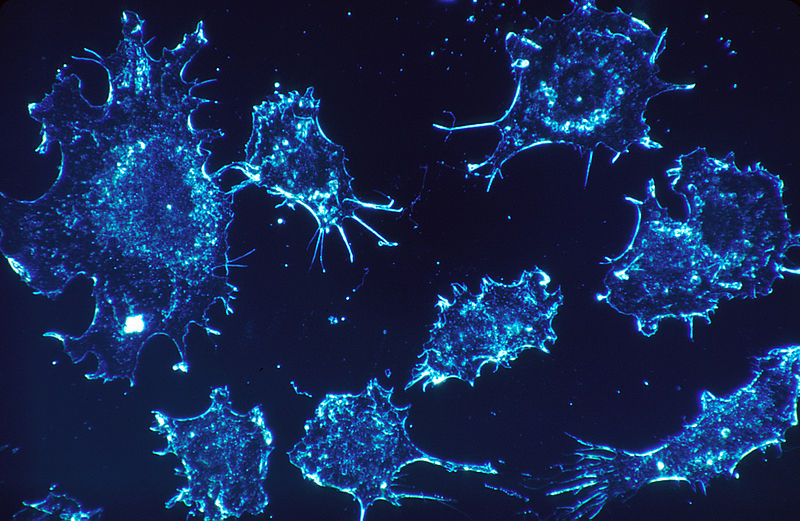The Challenge of Sustainable Food Supply in Space
As humanity ventures deeper into the cosmos, the challenges of long-term space travel become increasingly apparent. One such challenge is ensuring a sustainable food supply. Could the solution lie in the vast, rocky expanse of space itself?
Asteroids as a Revolutionary Food Source
Scientists have proposed a revolutionary idea: asteroids as a food source. While it might sound like science fiction, there’s a growing body of evidence suggesting that asteroids could provide essential nutrients for future astronauts. By transforming the hydrocarbons found in asteroids into consumable biomass, future space missions could potentially generate sufficient food to support astronauts independently of Earth-based supply chains.
How would this work?
The primary concept involves breaking down hydrocarbons on asteroids into simpler, edible compounds using microbial processes. Essentially, specialized bacteria would consume the asteroid material and generate edible biomass. This approach is inspired by Earth-based technologies aimed at converting plastic waste into food. In particular, anaerobic bacteria—those capable of metabolizing compounds in oxygen-free environments—could be utilized to process the organic materials found on asteroids.
Is this feasible?
The potential impact of this research is significant. If asteroid mining for food becomes a reality, it could transform our approach to long-duration space missions. Instead of transporting large amounts of food from Earth, astronauts could depend on locally sourced supplies from asteroids. This advancement could pave the way for more ambitious endeavors, such as creating permanent human settlements on other planets or moons, where asteroid mining could play a crucial role in sustaining life. However, achieving this is unlikely to occur in the near future.
Currently, we are still quite distant from this level of technology, but researchers are actively working toward this goal.







